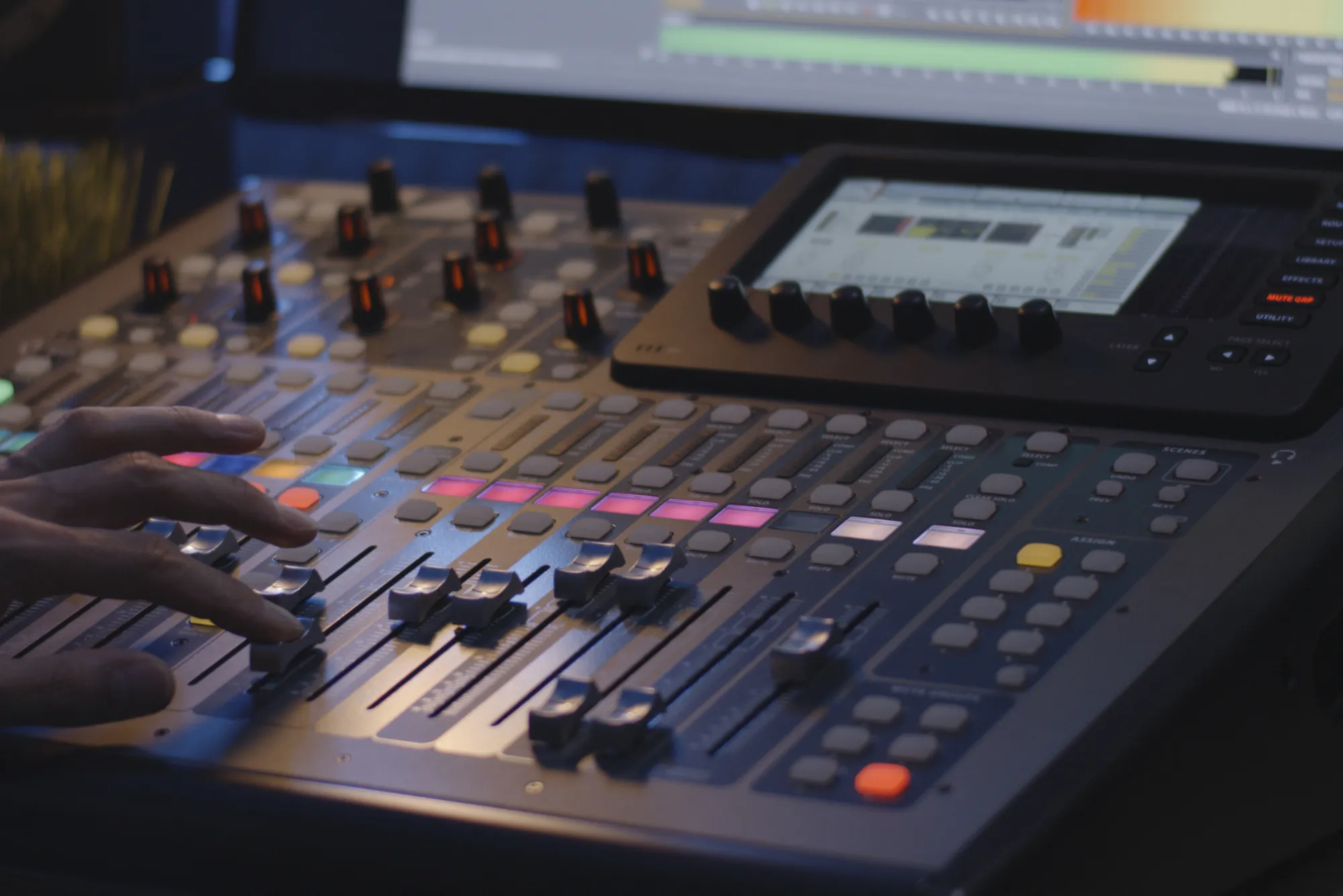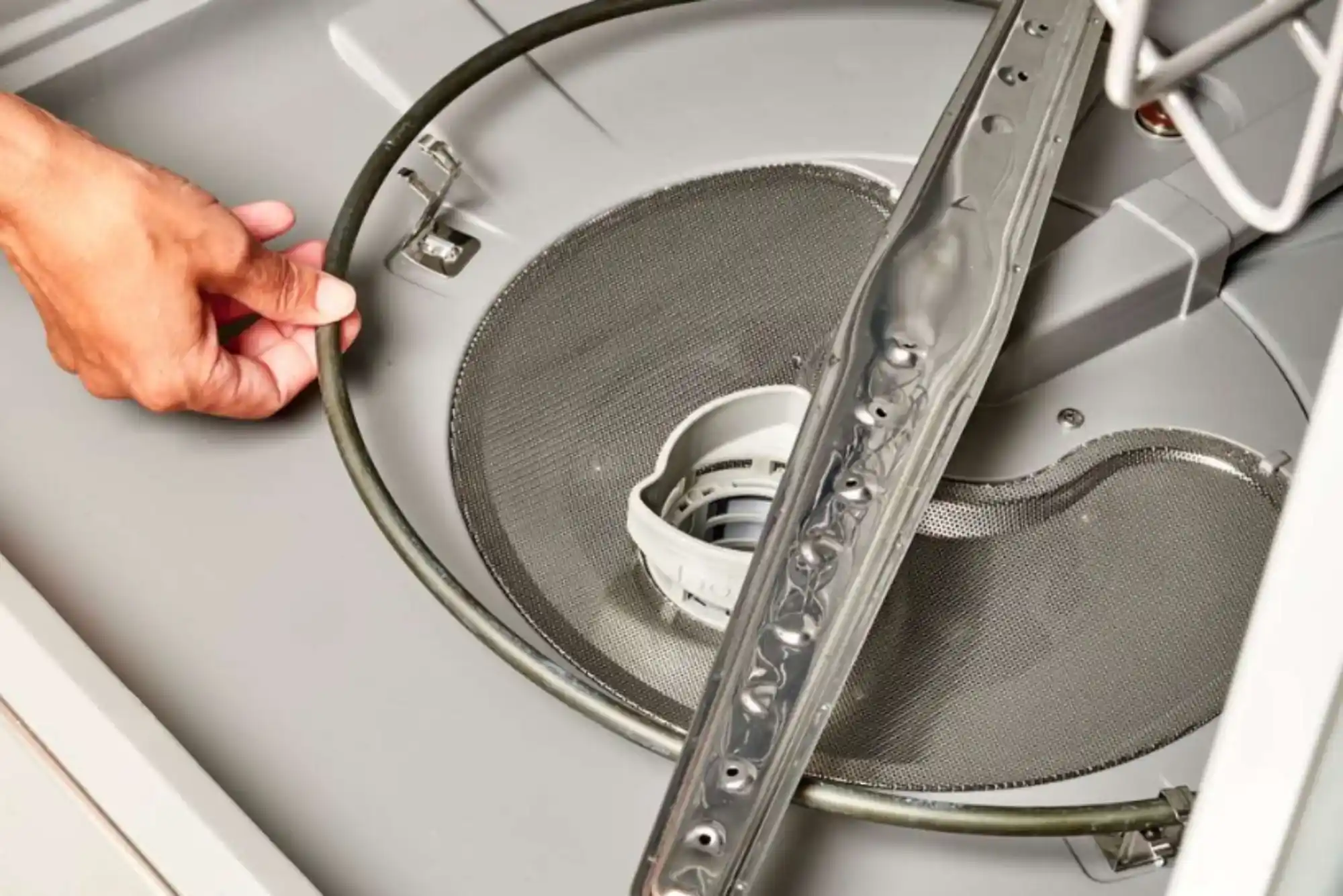The vibrant music and event scene in Delhi offers exciting opportunities for aspiring audio professionals, particularly in the field of live sound engineering. As one of India’s cultural hubs, Delhi hosts concerts, festivals, corporate events, and theater productions, all of which rely on skilled live sound engineers to deliver impeccable audio experiences. For those looking to break into live sound engineering in Delhi, India, internships are a crucial stepping stone to gain hands-on experience, build networks, and establish a foothold in this competitive industry. This guide provides a comprehensive roadmap to help you navigate the process of applying for live sound internships in Delhi, ensuring you stand out and maximize your chances of success.
Understanding the Role of a Live Sound Engineer
Before diving into the application process, it’s essential to understand what live sound engineering entails. A live sound engineer manages audio equipment during events, ensuring high-quality sound for performers and audiences. This includes setting up microphones, speakers, and mixing consoles, troubleshooting technical issues, and balancing sound in real-time. In Delhi’s dynamic event landscape, live sound engineers work in diverse settings, from intimate gigs to large-scale festivals like NH7 Weekender or corporate events at venues like India Habitat Centre.
Internships in this field offer practical exposure to these responsibilities, allowing you to work alongside seasoned professionals. They also help you develop critical skills like sound mixing, equipment handling, and problem-solving under pressure, which are vital for a successful career in live sound engineering in Delhi,India.
Step 1: Build a Strong Foundation in Audio Skills
To land a live sound internship, you need a solid understanding of audio fundamentals. While formal education isn’t always mandatory, completing a course in audio engineering or music production can give you an edge. Institutions like the Sound Engineering Academy in Delhi or online platforms like Coursera and Udemy offer relevant courses covering acoustics, signal flow, and digital audio workstations (DAWs) like Pro Tools or Ableton Live.
Practical experience is equally important. Experiment with home recording setups, volunteer to manage sound for local events, or assist at college fests to gain hands-on experience. Familiarize yourself with equipment like mixing consoles (e.g., Yamaha QL5 or Midas M32), microphones, and in-ear monitoring systems commonly used in live sound engineering. Demonstrating technical proficiency during interviews or applications will set you apart.
Step 2: Research Internship Opportunities in Delhi
Delhi’s event industry is thriving, with numerous companies, venues, and studios offering internship opportunities in live sound engineering in Delhi, India. Start by researching organizations that specialize in live events. Some key players include:
-
Event Management Companies: Firms like Wizcraft, DNA Entertainment, and Showtime Events often require live sound support for concerts, corporate events, and festivals.
-
Venues and Studios: Venues like Siri Fort Auditorium, Blue Frog (if operational), or recording studios like Yash Raj Studios occasionally offer internships for aspiring sound engineers.
-
Freelance Collectives: Delhi has a growing community of freelance live sound engineers who may take on interns for specific projects.
Check job boards like Indeed, Internshala, or LinkedIn for internship postings. Additionally, follow event-related pages on platforms like X to stay updated on opportunities in live sound engineering. For example, searching “live sound internships Delhi” on X can reveal posts from local event organizers or audio professionals seeking assistants.
Step 3: Craft a Tailored Resume and Cover Letter
Your application materials are your first impression, so make them count. Tailor your resume to highlight relevant skills, such as familiarity with audio equipment, DAWs, or event experience. Even if you lack professional experience, include volunteer work, college projects, or personal audio setups to demonstrate your passion for live sound engineering in Delhi, India.
A compelling cover letter is equally important. Address it to the specific company or individual, and explain why you’re drawn to live sound engineering and their organization. For instance, mention if you’ve attended events they’ve managed or admire their work on a specific festival. Keep it concise, professional, and error-free. A sample cover letter might look like this:
Sample Cover Letter
Dear [Hiring Manager’s Name],
I am writing to express my enthusiasm for the live sound engineering internship at [Company Name]. As an aspiring audio professional with a deep passion for live sound engineering, I am eager to contribute to your team while gaining hands-on experience in Delhi’s vibrant event industry. My coursework in audio production and hands-on experience managing sound for college fests have equipped me with foundational skills in mixing, equipment setup, and troubleshooting.
I am particularly inspired by [Company Name]’s work on [specific event/project], and I am excited to learn from your team’s expertise in delivering world-class audio experiences. I am confident my dedication and technical skills will make me a valuable addition to your team.
Thank you for considering my application. I look forward to the opportunity to discuss how I can contribute to your upcoming projects.
Sincerely,
[Your Name]
Step 4: Network with Industry Professionals
Networking is critical in the live sound industry, where opportunities often come through word-of-mouth. Attend music festivals, open mics, or audio workshops in Delhi to connect with professionals. Venues like Depot 48 or Hard Rock Cafe Delhi frequently host events where you can meet sound engineers or event organizers. Introduce yourself, ask questions, and express your interest in live sound engineering.
Join online communities, such as the Audio Engineering Society (AES) India chapter or Facebook groups like “Delhi Music Community.” Engaging in these spaces can lead to mentorships or recommendations. On platforms like X, follow and interact with local sound engineers or event companies to build visibility.
Step 5: Prepare for Interviews and Skill Assessments
Once you secure an interview, preparation is key. Research the company’s recent projects and be ready to discuss how your skills align with their needs. Be prepared for technical questions, such as:
-
How would you troubleshoot feedback during a live performance?
-
What’s the difference between dynamic and condenser microphones?
-
How do you set up a basic PA system?
Some companies may ask you to demonstrate skills, like setting up a small sound system or mixing a short set. Practice these tasks beforehand to build confidence. Dress professionally, arrive early, and show enthusiasm for learning.
Step 6: Follow Up and Stay Persistent
After applying or interviewing, send a polite follow-up email to reiterate your interest. If you don’t hear back, don’t be discouraged—Delhi’s event industry is competitive, and persistence pays off. Continue applying to multiple opportunities, refining your skills, and networking.
Additional Tips for Success
-
Build a Portfolio: Record your work (e.g., live mixes or event setups) and create a simple portfolio website to showcase your skills.
-
Stay Updated: Follow industry trends, such as advancements in wireless audio systems or immersive sound formats like Dolby Atmos.
-
Volunteer: Offer to assist at local events for free to gain experience and references.
-
Learn Soft Skills: Communication, teamwork, and adaptability are crucial for working in high-pressure live environments.
Conclusion
Securing a live sound internship in Delhi requires a mix of technical skills, strategic applications, and proactive networking. By building a strong foundation in live sound engineering, researching opportunities, crafting tailored applications, and connecting with industry professionals, you can position yourself for success in live sound engineering in Delhi, India. The journey may be challenging, but with dedication and persistence, you’ll be well on your way to a rewarding career in this exciting field. Start today by taking the first step—whether it’s enrolling in a course, reaching out to a local sound engineer, or applying for that dream internship.




